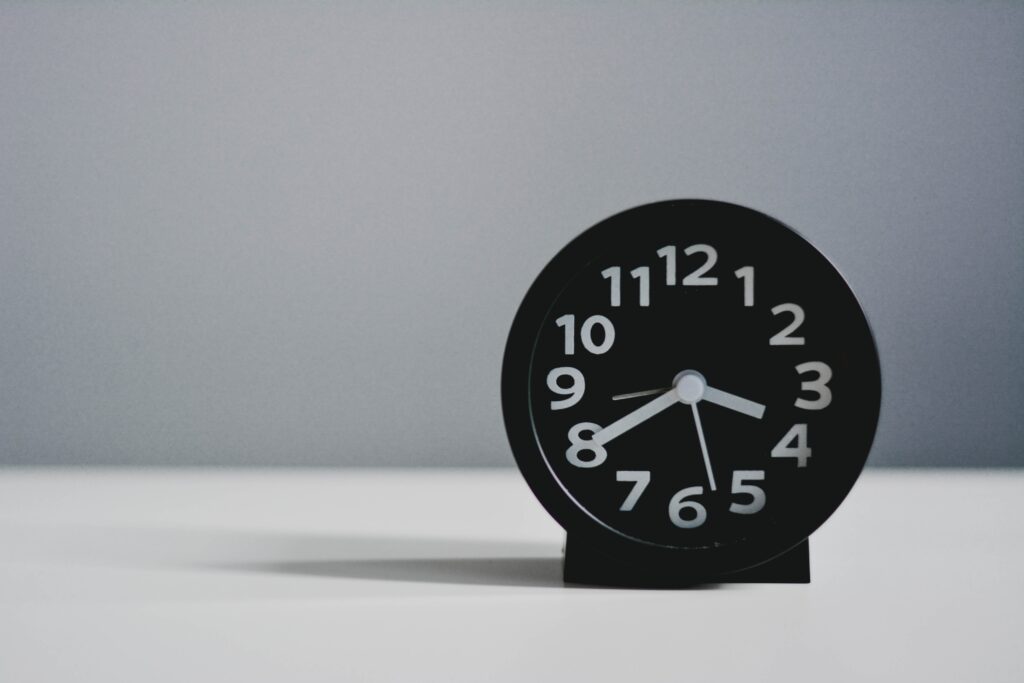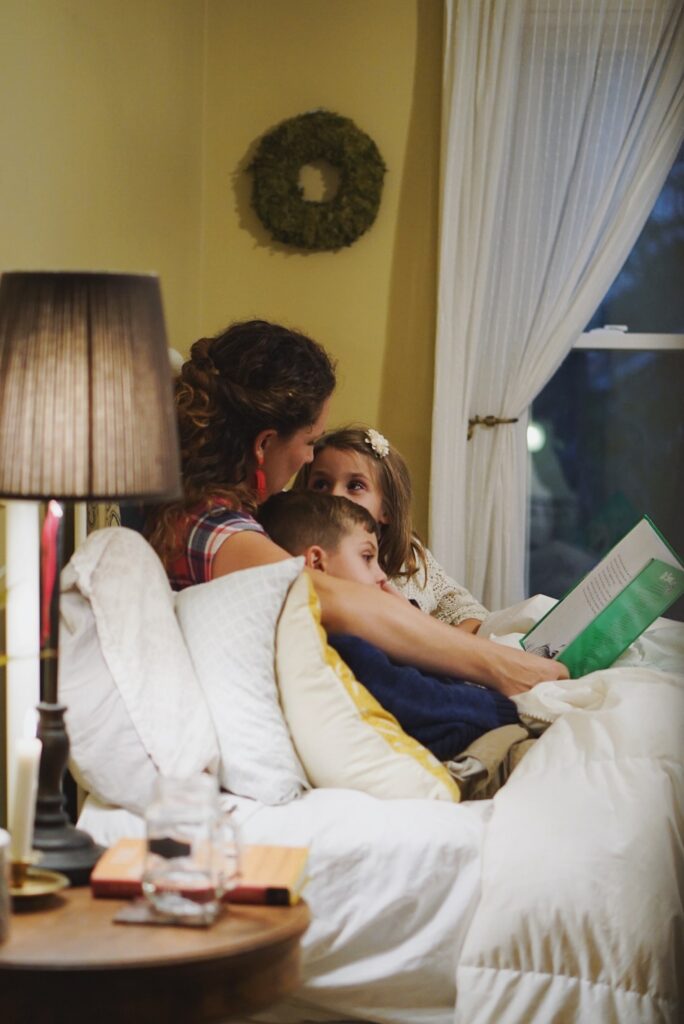7 Daylight Savings Sleep Transition Tips

With Daylight Savings happening on November 6th, you might be worried about falling back into that terrible sleep pattern it feels like you just recovered from. Sleep is everything; that’s a fact. Daylight Savings doesn’t have to rock your bedtime routine. Leslie Black, the founder of A Kiss Goodnight Sleep Consultation and Registered Clinical Counsellor with a Master’s Degree in Counselling Psychology assures us, we don’t need to panic. She insists daylight savings is mostly psychological and that the anticipation in the lead up can often be worse than the transition itself. Here are her tips for navigating the daylight savings time change coming up.
7 ways to adjust your babies and toddlers to daylight savings time
Don’t panic.
Daylight savings is basically a mind game (unless you’re a farmer.) Any sleep disruption will be resolved in under a week. Your child will sleep. The calmer you remain, the easier the transition will be on everyone.
Routine, routine, routine!

Stay focused on your routine and maintain consistency. The more predictable bedtime is and the more your child knows what to expect, the easier it will be to have them unaffected by the time on the clock.
Offer limited choices

To manage bedtime procrastination, offer a choice between two jammies, a choice of two books (or whatever your limit is) from a collection of 10 bedtime appropriate stories. Don’t overwhelm kids with an abundance of choice but give them something they can control.
Split the Difference for Naps
On the first day of daylight savings, split the time difference. For three days put your child down a half hour early for their nap (a half hour later than their previous naptime.) By day four, adjust to the real time. There may be more awake time in the crib, but stick to your routine and regular nap procedure.
Patience
If your older child uses a gro-clock or learning clock, adjust the sun or light by 30 mins for a few days. Don’t punish or penalize kids for waking up early. If bedtime stays consistent, wake ups will follow.
Tire them out

Exercise is recommended for kids’ overall health and can support healthy sleep habits as well. When kids get an opportunity to run and play outside, they’re more likely to be tired when bedtime arrives.
Manage your expectations
Even adults will take a few days to adjust to a slight time change so go easy on yourself and your kids. If it all goes sideways the first night or two, stay consistent and things will sort themselves out within a week. Daylight savings can be daunting but in reality, it’s a small adjustment and it’s ok if it doesn’t go perfectly. Your family will sleep again.

Looking for more tips?
If you’re a tired parent looking for more sleep tips from Leslie visit www.akissgoodnight.ca
>>> Tips for helping babies and toddlers adjust to Daylight Saving Time
Jenn Wint is a writer, communications strategist and a public relations specialist. She is passionate about storytelling and community. Jenn lives in East Vancouver with her husband, 3yo son and 1yo daughter. You’ll find them hanging around Vancouver’s playgrounds, water parks, coffee shops and anywhere that bakes fresh cookies in-house!


















